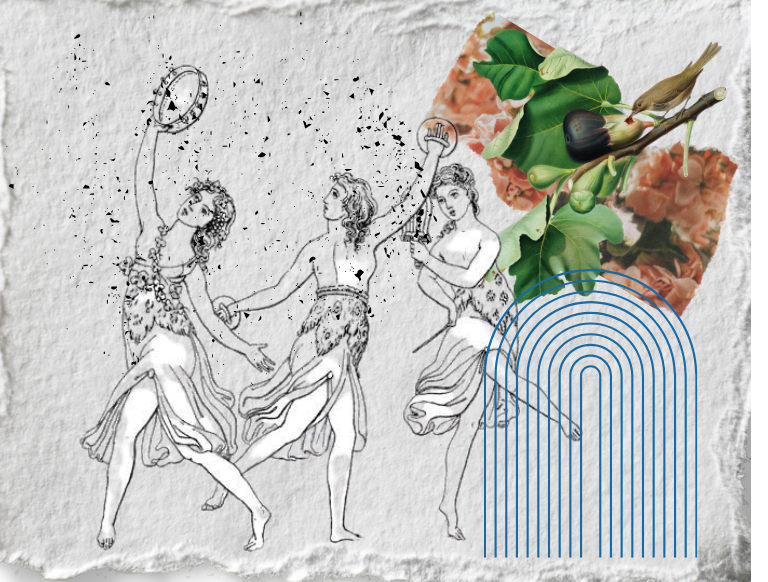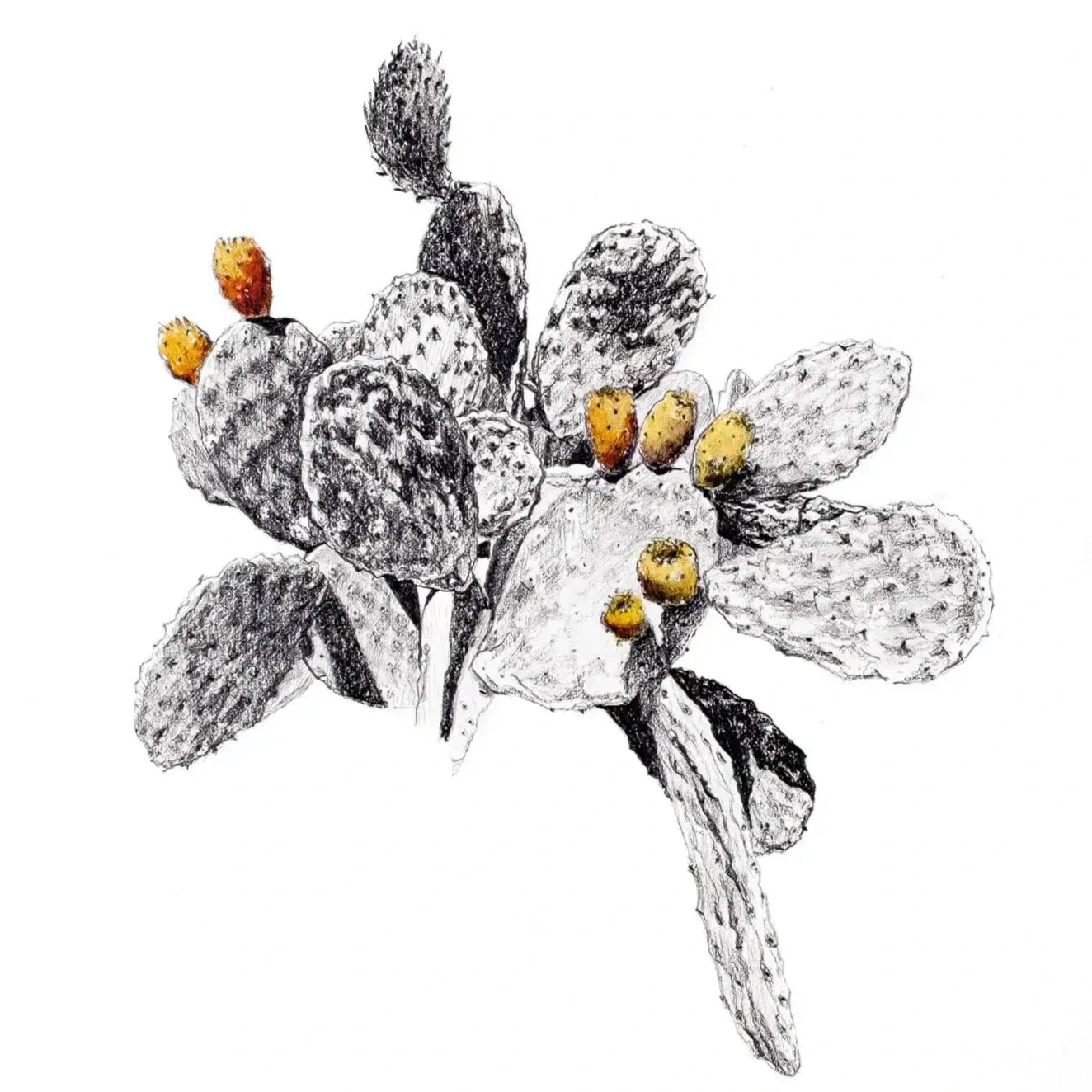
Argo courses provide a chance to learn fundamental skills and develop your practice in a social, supportive, and stimulating environment.
They are taught by experienced professional artists from around the world.
All of our courses take place in Athens, Greece. Every resident has a dedicated workspace in Argo Studios, and accommodation is provided in the Argo Mansions. You can read more about our spaces and approach here.
Neva’s course provides a chance to look at the world afresh, and then draw it.
Over the course of 10 days, Neva will guide students as they select subjects to draw - from nature, from the museums of Athens, or from the city itself. Classroom sessions will help you to develop drawing techniques, and solo studio time allows you to work on your own pieces.
The course is open to both experienced artists and total beginners.
Over the course of 10 days, Rachna will introduce students to a variety of basic textile skills, including embroidery, hand weaving on a frame loom, and weaving on paper. With an emphasis on encouraging excitement and curiosity, students will gather inspiration from the buzzing atmosphere of Athens, the natural environment of Greece, and the ancient cultural heritage of this amazing city.
Over the course of 10 days, Gwen will guide students to reflect on big questions of our times themed around ecopsychology. Through journaling, dialoguing, meditation, and movement, students will learn to tap into the Earth and their bodies. Gwen will provide gentle, encouraging guidance to help students orient and explore in a safe container. Throughout the workshop, students will question: What does it mean to grapple with climate change? What are specific ways to grapple with it?
More information on the course, and how to apply for it, is coming soon. In the meantime, you can register your interest by getting in touch with us.



